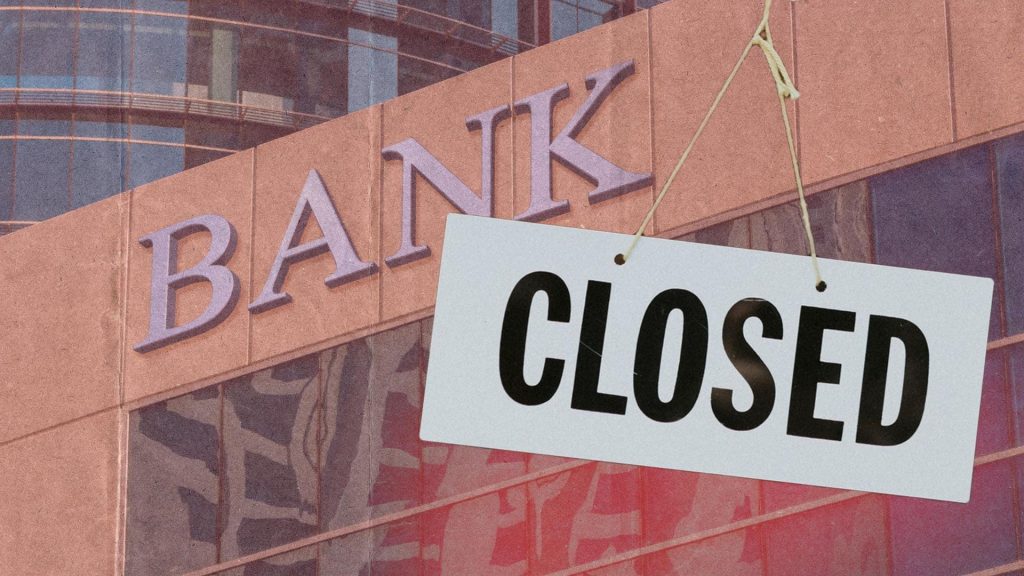Last week, the Tanzanian shilling dropped to an all-time low of TSh2,428.7 against the U.S. dollar. This development has directly affected the cost of living since manufacturers are forced to spend more money to import raw materials.
While this is grim news for the general economy, it is a huge blessing to anyone who wants to change their U.S. dollars to Tanzanian shilling. If you are living in Dar and your client who is abroad pays you in U.S. dollars, I know you are currently smiling on your way to the bank.
The reverse is true, too. If, by some stroke of high magic, the Tanzanian shilling was to eclipse the value of the U.S. dollar, you stand to lose money if you want to exchange U.S. dollars for Tanzanian shilling.
That is simply the way it works. This is why some people question the essence of banks and the whole stuff about money and its value. Do I still need to keep my money in the bank if I can lose weight overnight?
Well, the thing is, banks form an essential part of life as we know it today. In other words, saving your money in the bank is better than hoarding it under a mattress.
Lost Fortune: Israeli Woman Accidentally Discards $1M Hidden in Old Mattress
In 2009, a woman in Israel surprised her mother by buying her a new mattress. It was a generous gift, likely rooted in a concern for her mum’s back. The daughter proudly presented her mother with a more unique, comfier model as the old mattress was driven off to a tip in Tel Aviv. Unfortunately, her mother had been holding on to the old mattress for a reason.
It was lined with $1 million in cash – her mother’s life savings. Over the next week, the daughter would dash between three tips across Tel Aviv looking for the mattress and the currency, to no avail. The money was lost.
Although losing millions of dollars of cash might be relatively rare, people hoarding cash this way are familiar.
Many of us know older relatives who keep large amounts of cash – certainly far more than they are ever likely to need for their day-to-day spending – in a drawer in the kitchen or back bedroom.
Why is this kind of cash hoarding so widespread? The answer, perhaps, is that it is a very usual and human instinct – particularly in times of economic turmoil.
At the beginning of the coronavirus crisis, many people began hoarding cash similar to toilet rolls. According to a Bank of England survey, during the Covid-19 crisis in 2020, nearly one in ten people started to hoard extra cash as a precaution. This was hardly the first time, either.
In 2020, a haul of 1,069 silver coins was discovered in Suffolk; archaeologists speculated that they had been stashed for safekeeping during the English Civil War in the 17th century. These decisions have often been rooted in a mistrust of banks.
The unfortunate Israeli woman who lost her savings had been hoarding the $1 million in the wake of the 2007–2008 financial crisis, perhaps because she had lost trust in the banking industry. She was not alone in this: two-thirds of people said they didn’t trust banks in a 2018 YouGov survey.
So why shouldn’t you hoard your money under (or inside) a mattress? The shortest answer is to avoid the situation in which the woman in our Israeli case study found herself: banks can keep your money safe. But that is not all banks are suitable for.
When you store your money in a bank, it is for your and everyone else’s benefit. Banks let you freely move your money around an economy; they pay you interest, and at the level of the economy, they ensure that money is being efficiently used.
And while people can be forgiven for misgivings about banks, there are measures to ensure your cash is secure when you deposit it.
Is Your Money Safe in Banks? The Balancing Act of Capital Requirements
In short, bank accounts are suitable for everyone. They are much more than a place to store money. Banks are crucial to the operation of the entire global economy.
To reduce moral hazard in the banking world, central banks tend to place conditions on their lending to commercial banks by ensuring that banks are sufficiently well run that the likelihood of them running into problems is low. These conditions include limits on the amount commercial banks can lend out.
Is this enough capital to ensure your money is safe with the bank? Given how lousy banking crises can be, shouldn’t central banks set even higher capital requirements to ensure that banks never fail?
The issue is, just like placing a spike on the steering wheel might mean no one would want to drive, recognizing too high a capital requirement on banks would stop them from lending and fulfilling their other useful economic functions – thus making the economy and everyone in it worse.
You can still lose or gain money depending on the currency in which it is kept, even without a bank crisis. Financial crises tend to cause bank crises. The dollar shortage that Tanzania – and, by extension, the East Africa region – is currently dealing with can easily lead to a banking crisis, which would put your money on the line.

